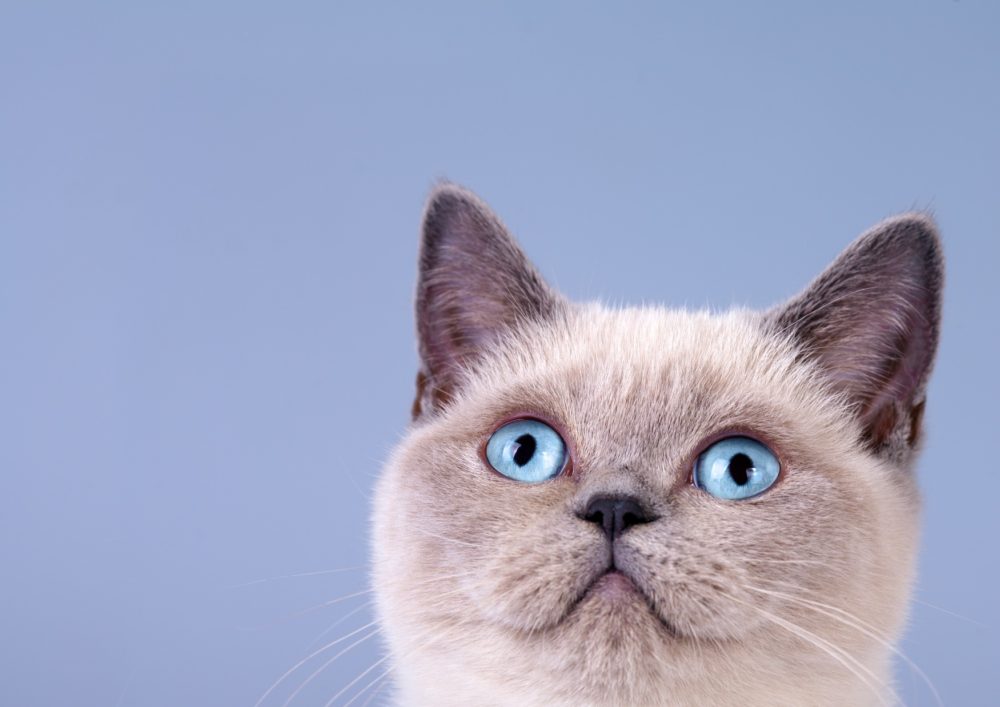
Can cats eat beef? And lamb? pork? chicken? turkey? duck? game? fish?
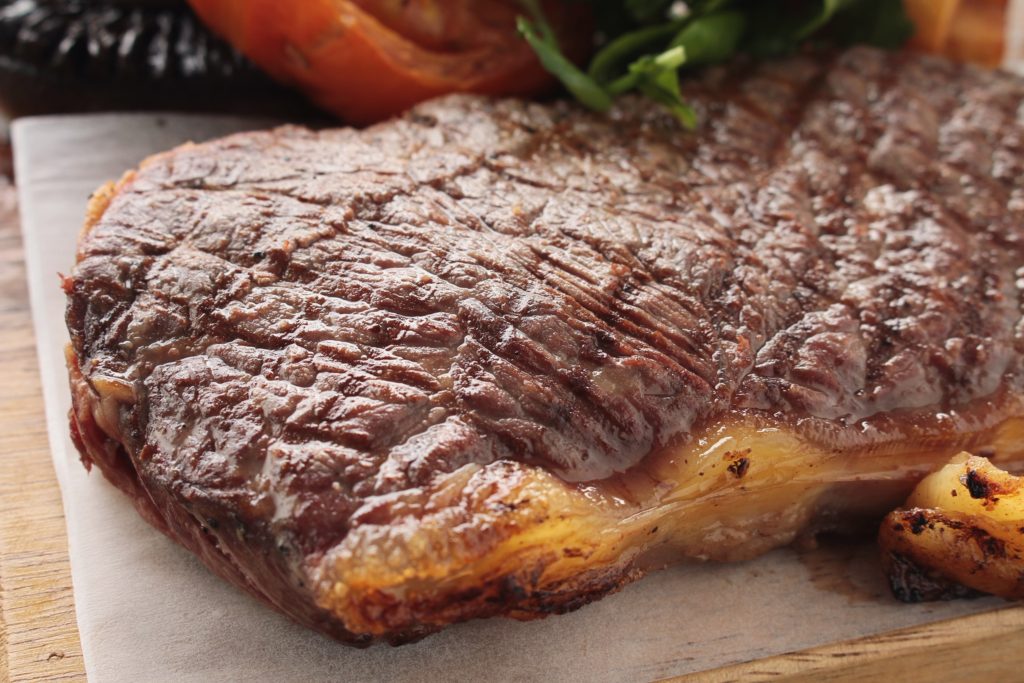
As the aroma of the freshly cooked roast beef fills the house, our taste buds go into overdrive. Plating up the beef for our family one day got us wondering – could we share some of this tasty beef with our cats? Was it safe for them to eat a little of this beautiful piece of cooked meat?
This article isn’t about substituting commercial cat food for homemade. It is about exploring what is safe or not safe to feed your cat as a little treat every now and then. If you have any concerns regarding your cat’s diet or wish to change their existing diet, please seek professional advice from your veterinary. For more information on cat treats including how often should cats have treats, variety of treats on offer and the advantages and disadvantages of cat treats, check out our recent article ‘How often should I give my cat treats’.
Can cats eat beef?
The short answer is Yes – cats can eat beef. Cats are obligate carnivores. This means that cats must eat meat to be healthy. There are certain vitamins and amino acids that are only found in meat that are essential to cats. Taurine is one of these amino acids, and cats need a large amount of taurine. It is vital for digestion, vision, immunity and during pregnancy in cats. Another critical amino acid for cats is arginine, and a lack of it could even result in death.
Beef can be served cooked or raw although there is a great deal of debate as to whether raw meat should be fed to cats. The concern lies in the bacteria that may exist in raw meats. With regards to beef, as long as it is fresh, it will do your cat no harm. Some cats will prefer cooked beef, whilst others will welcome some raw beef. This will be down to the preference of each individual kitty. Do not ever serve meat that is off or old to your cats. Saying this, most cats are pretty fussy and wouldn’t actually eat anything that had gone off.
Do not give any beef that has seasoning on it. Some human foods, including onions and garlic, are toxic to cats and may be included in various seasoning. Excessive quantities of salt can also be harmful to your cat. Commercial cat food will include salt within the recommended daily limits, but excess salt ingested is likely to cause problems.
Can cats eat lamb?
Lamb is perfectly safe for cats to eat. It is advised that the lamb be cooked before giving a little taster to your cat. Lamb has a high fat content therefore only a small quantity should be given. Trim off any excess fat before serving to your cat.
Can cats eat pork?
As we have mentioned above, this article is about exploring if a little meat, as a treat, is suitable. Small amounts of pork as an occasional treat is safe for your cat to eat. Cooked pork rather than raw should be given. Uncooked pork may contain parasites that could be harmful to your cat. Unprocessed pork without added salt is the safest option. Pieces of pork such as bacon and some types of ham will have a high salt content and may include added preservatives and flavorings. Pork can have a high fat content – and many cat owners are now increasingly becoming aware of obesity in cats. A little pork, as an occasional treat will do no harm.
Can cats eat chicken or turkey?
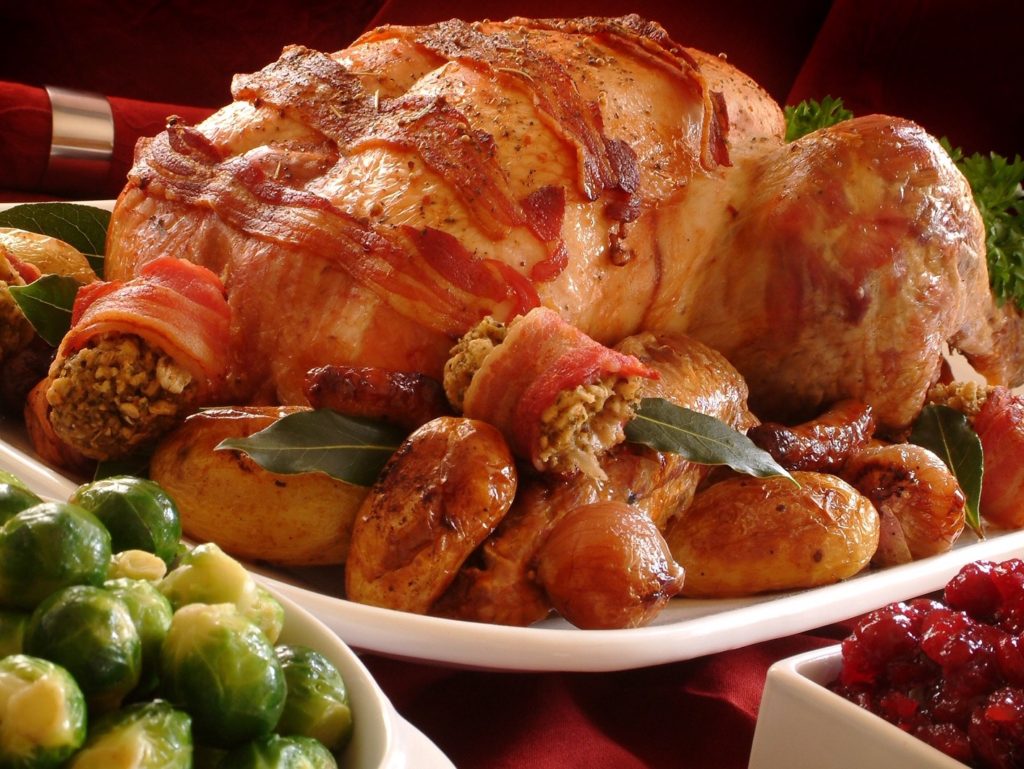 A lean delicious slice of turkey or chicken is a perfect treat for your cat. Chicken and turkey are both high in protein and low in fat. Ensure all bones and skin are removed as these may be a choking hazard for your cat. Never feed raw chicken or raw turkey to your cat as it could contain salmonella or e-coli. Turkey is a popular choice at Christmas, Thanksgiving or Easter. Sharing a tasty slice of turkey can be a way of sharing these annual celebrations with your cat. Why not go a step further and read the following articles sharing ways of enjoying these special occasions with your cat?
A lean delicious slice of turkey or chicken is a perfect treat for your cat. Chicken and turkey are both high in protein and low in fat. Ensure all bones and skin are removed as these may be a choking hazard for your cat. Never feed raw chicken or raw turkey to your cat as it could contain salmonella or e-coli. Turkey is a popular choice at Christmas, Thanksgiving or Easter. Sharing a tasty slice of turkey can be a way of sharing these annual celebrations with your cat. Why not go a step further and read the following articles sharing ways of enjoying these special occasions with your cat?
Can cats eat duck?
Although duck has a higher fat content than chicken or turkey, a little cooked duck as a special treat will be fine. The same precaution regarding bones and skin should be taken when feeding duck to your cat. Duck is often accompanied with a sauce – as with all meats, do not serve accompanying sauces or gravy to your cat as they could cause harmful ingredients that could be toxic to cats.
Can cats eat game meats?
Game meats can include pheasant, venison, rabbit and so forth. These are perfectly fine for your cat to have as a treat. Although they can be quite rich to the human palette, they are very likely to be enjoyed by cats. Game meat is usually quite lean which is ideal for cats.
Can cats eat fish?
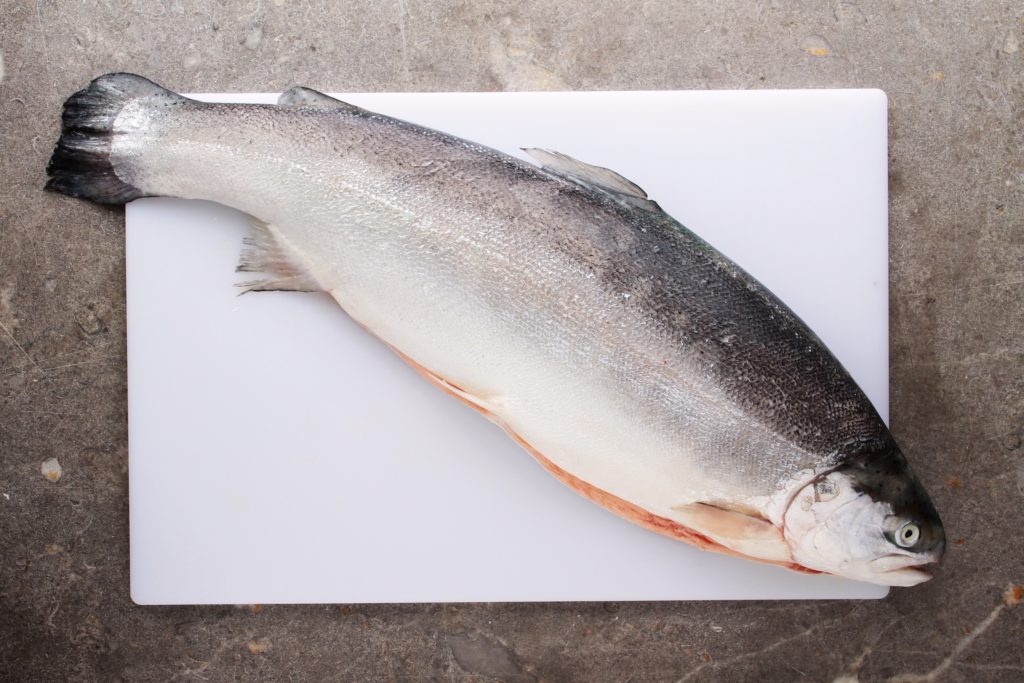 Fish, in the context of treats, as per the focus of this article, is fine for your cats. Do not give your cat raw fish as it may contain various bacteria and organisms that may cause harm to your cat. Take care also to ensure any bones are removed, these may be a choking hazard. It is also best to avoid canned fish, such as tuna and salmon, due to the high content of salt and oil.
Fish, in the context of treats, as per the focus of this article, is fine for your cats. Do not give your cat raw fish as it may contain various bacteria and organisms that may cause harm to your cat. Take care also to ensure any bones are removed, these may be a choking hazard. It is also best to avoid canned fish, such as tuna and salmon, due to the high content of salt and oil.
How much meat should I give my cat as a treat?
Treats should not be more than 10% of your cats daily allowance of calories. Obesity in cats is a growing trend and can have serious health consequences for your cat. Cats do not need additional food treats to be happy and healthy. But we all like to indulge our cats every now and then, and sometimes its hard to resist those two cute bright eyes looking up at you! Moderation and occasional treats are therefore perfectly fine. Please seek the advice of your veterinary if you have concern regarding your cat’s weight or if you wish to make major changes to their diet.
Human foods to avoid feeding to your cat
There are certain human foods that are not suitable for cats. Some are very toxic and may lead to death. This list is not exhaustive, but these are some popular human foods that should not be given to cats:
- Onions and garlic
- Chocolate
- Citrus foods
- Grapes and raisins
- Potatoes
- Tomatoes
- Alcohol
- Tea, coffee or any drinks that include caffeine
- Raw fish
- Raw eggs
- Cheese and milk
- Bread dough
- Nuts
- Mushrooms
If in any doubt, please check first. If you suspect that your cat has ingested any unsuitable foods, please contact your veterinary.
_____________________________________________________________________________________________________________________________________
Other articles you may find of interest:
How often should I give my cat treats?
Can cats share a food bowl? Can cats share a water bowl?
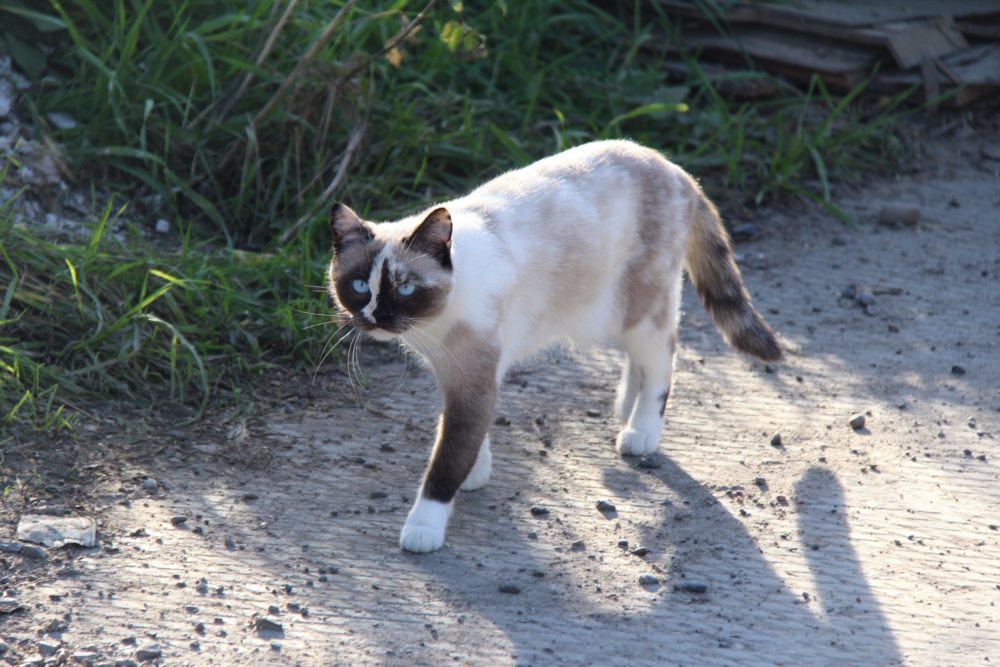
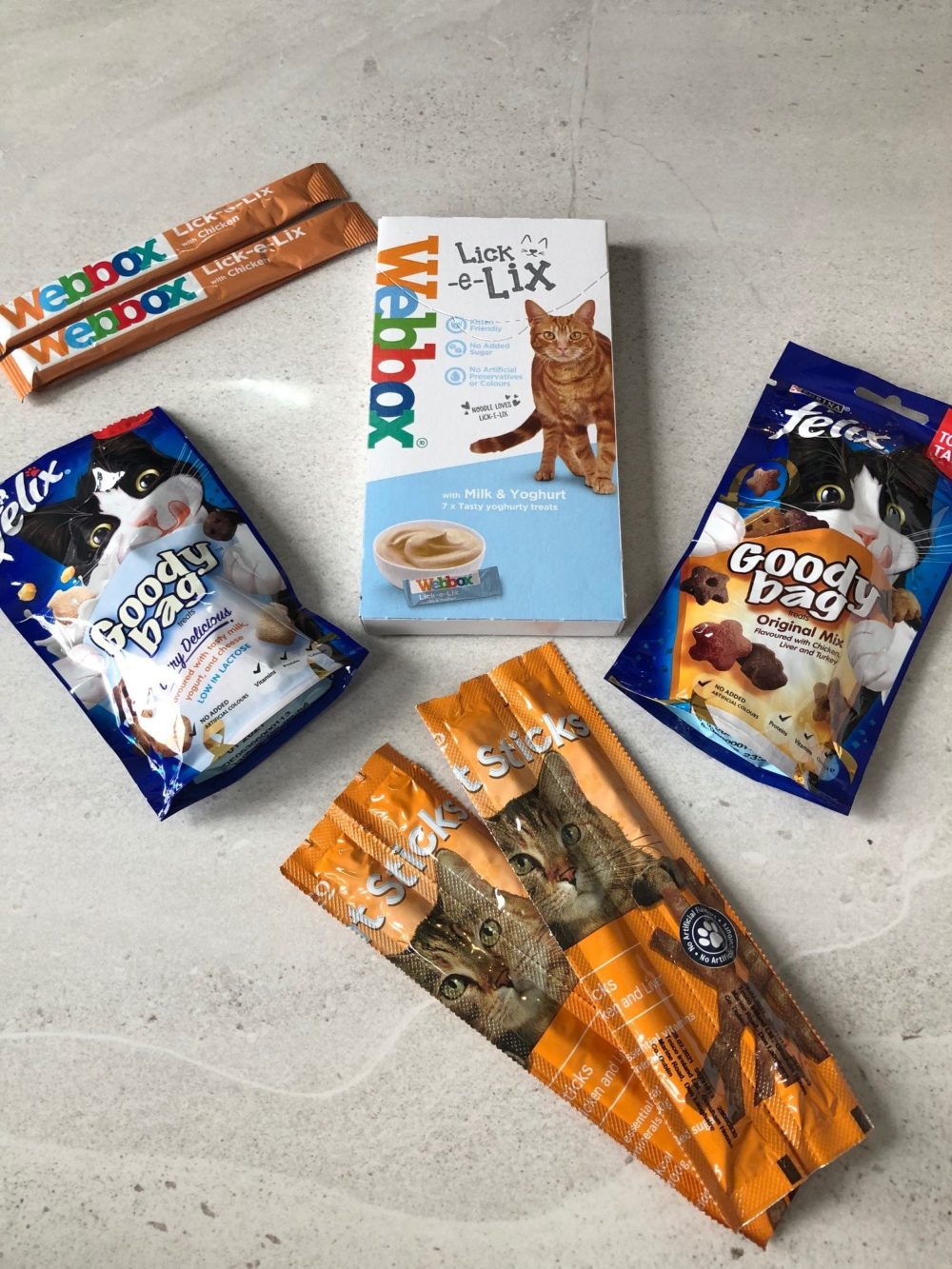
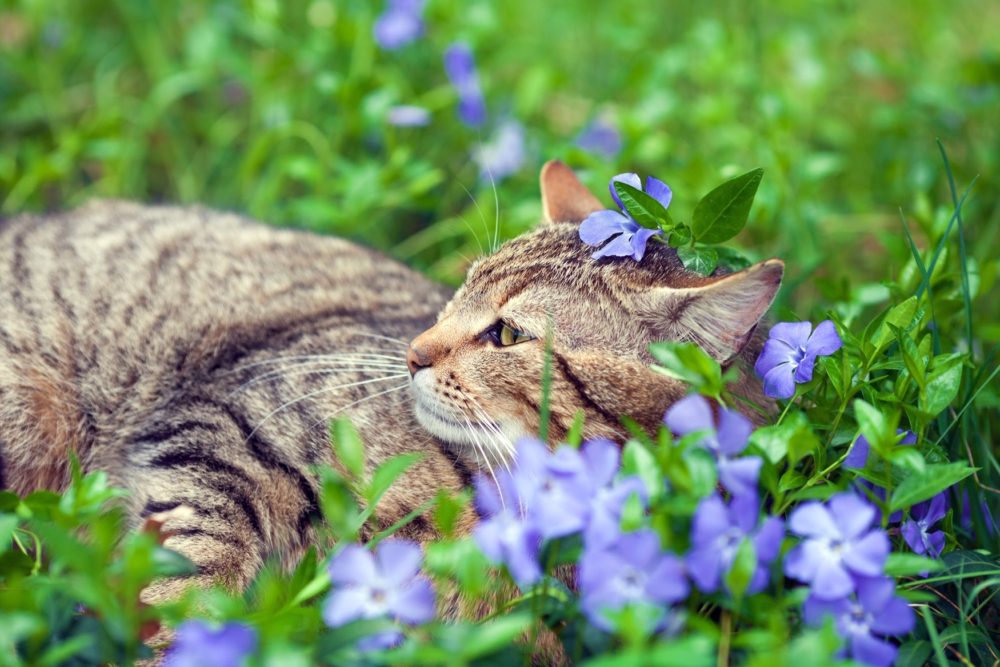
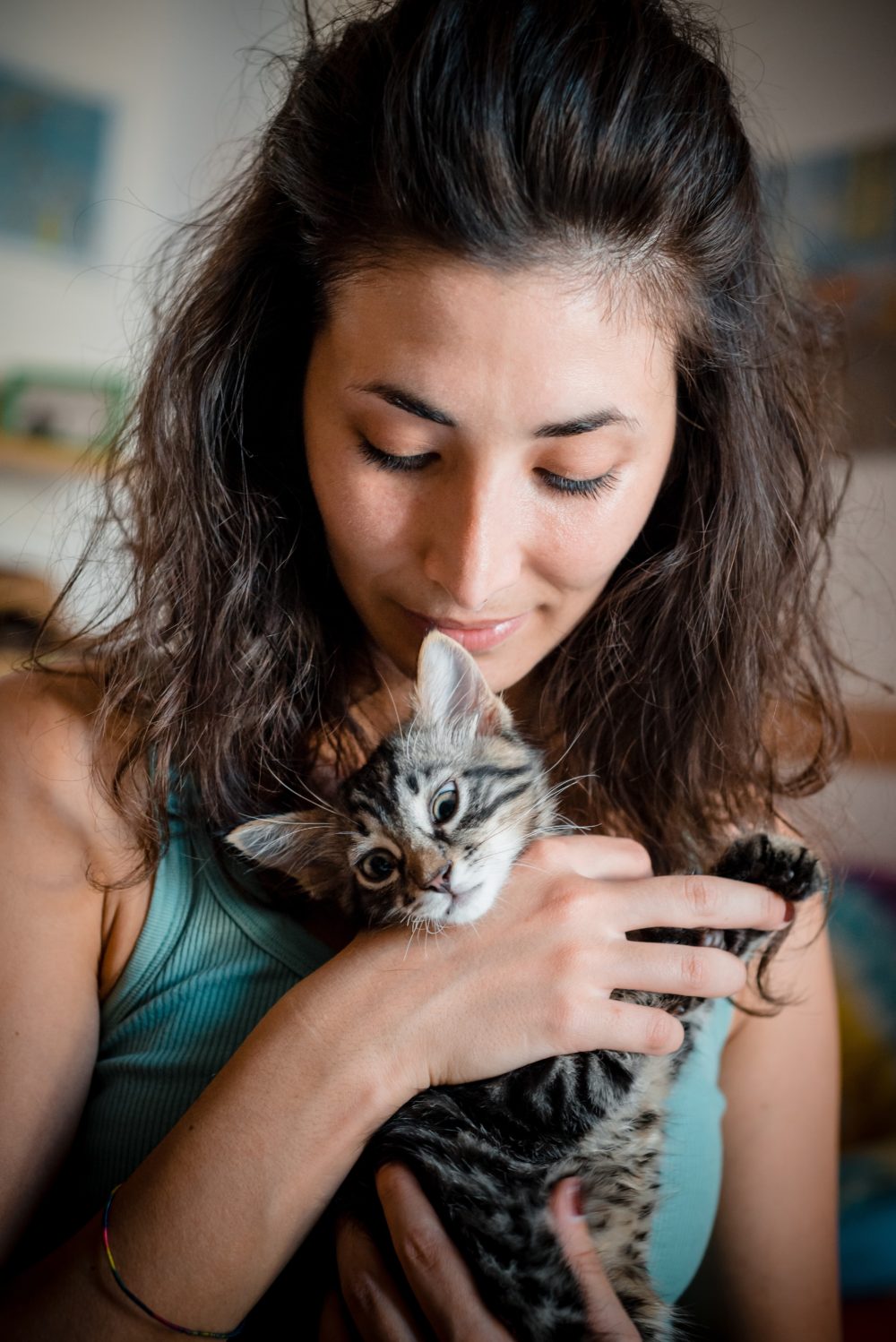
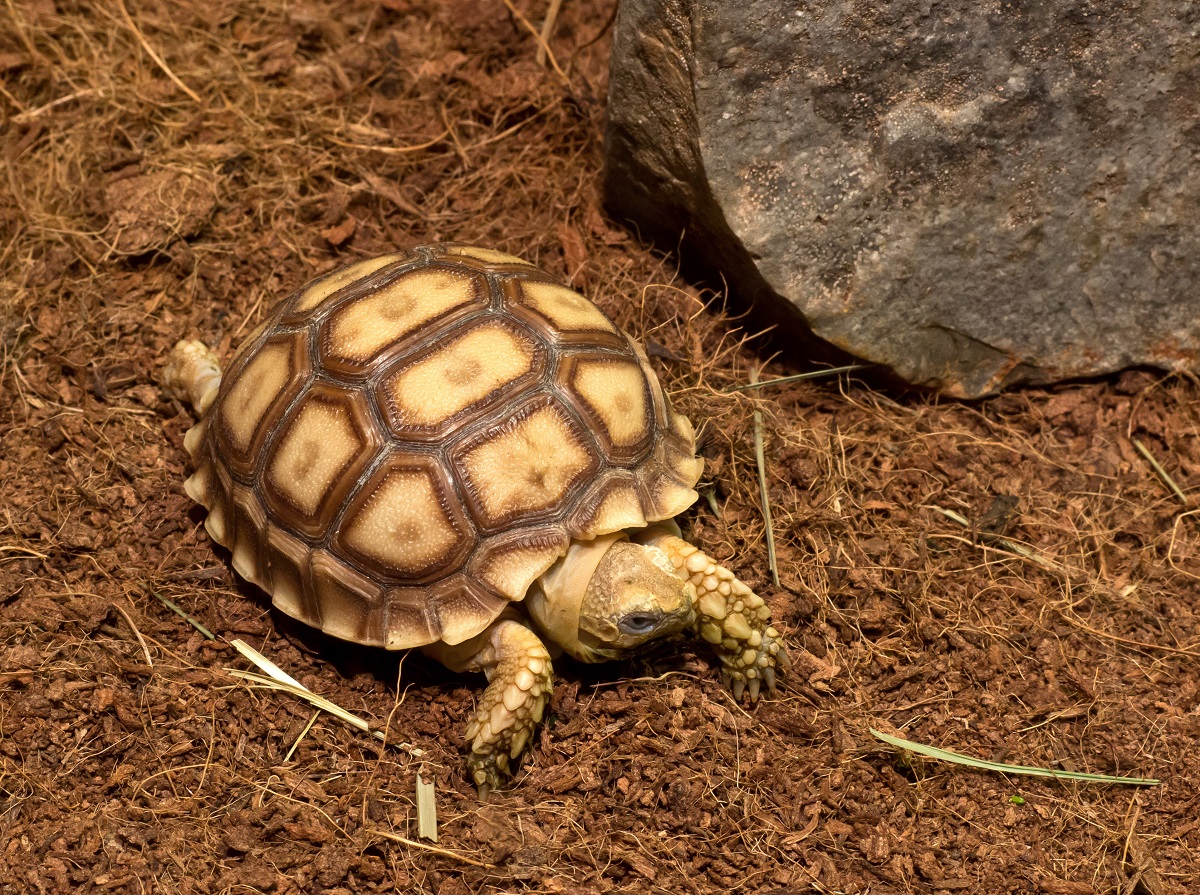
One Comment
ASH Green
Thank you so much for such an informative piece of information 🙂
If anyone interested similar one’s have a look here
petreviewz
Thanks